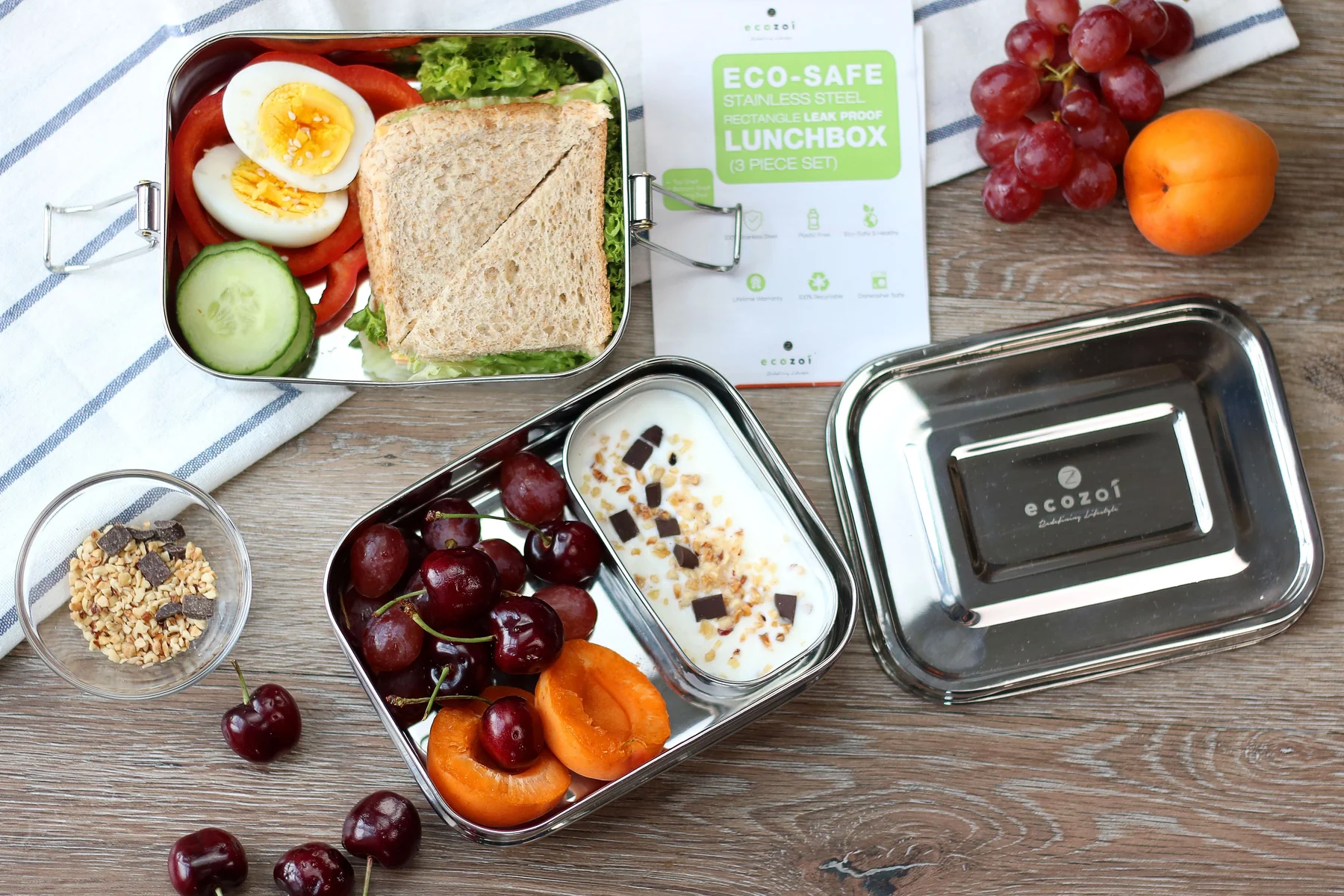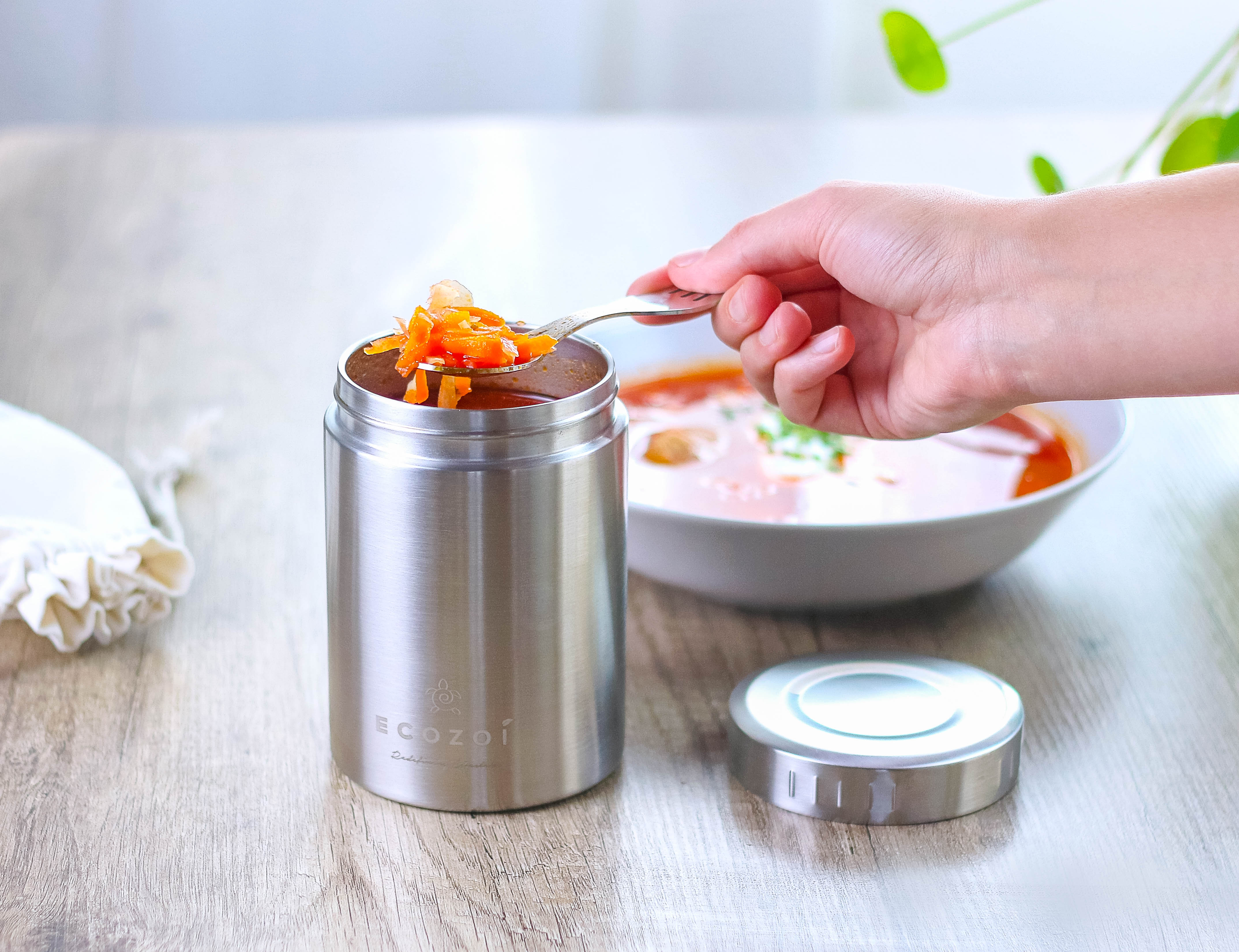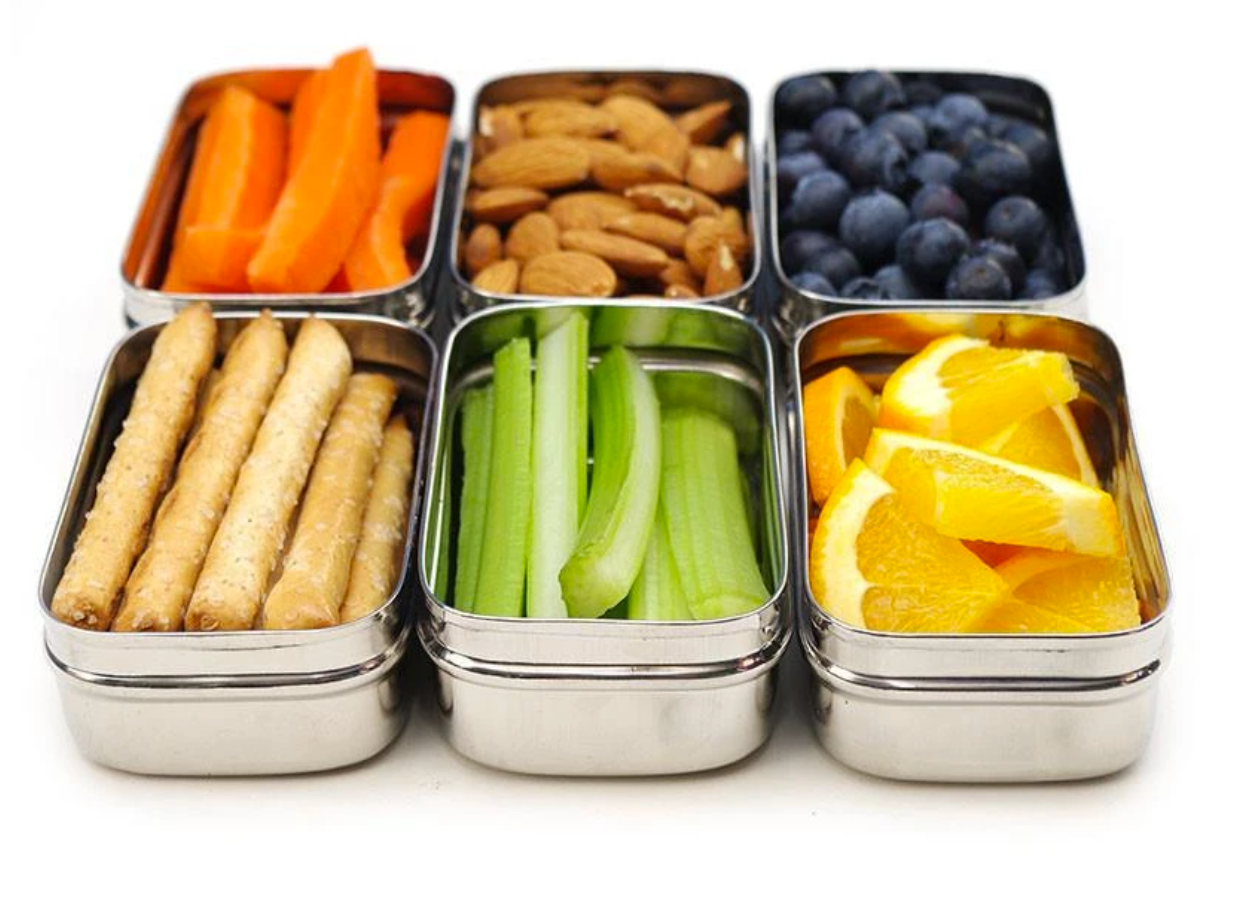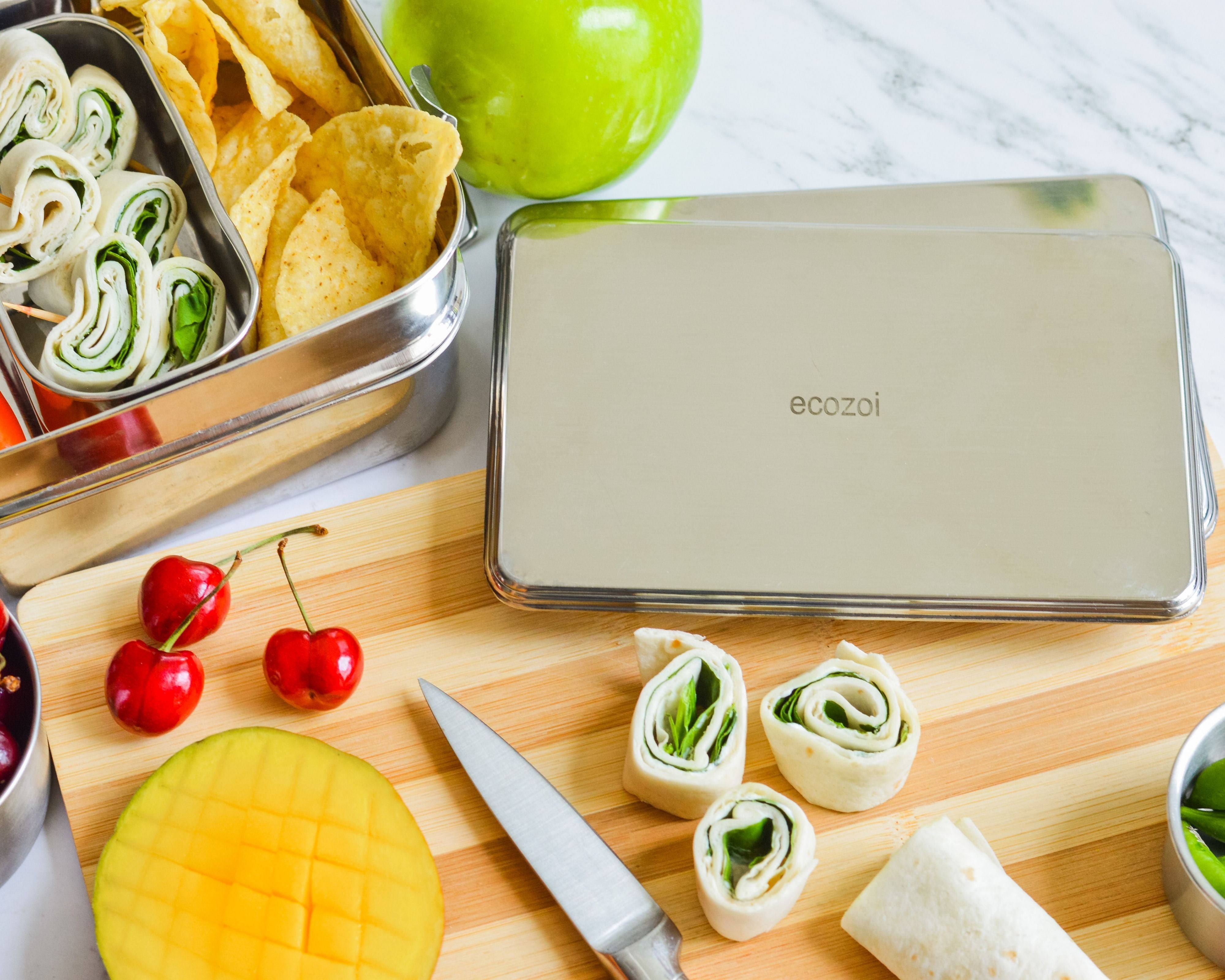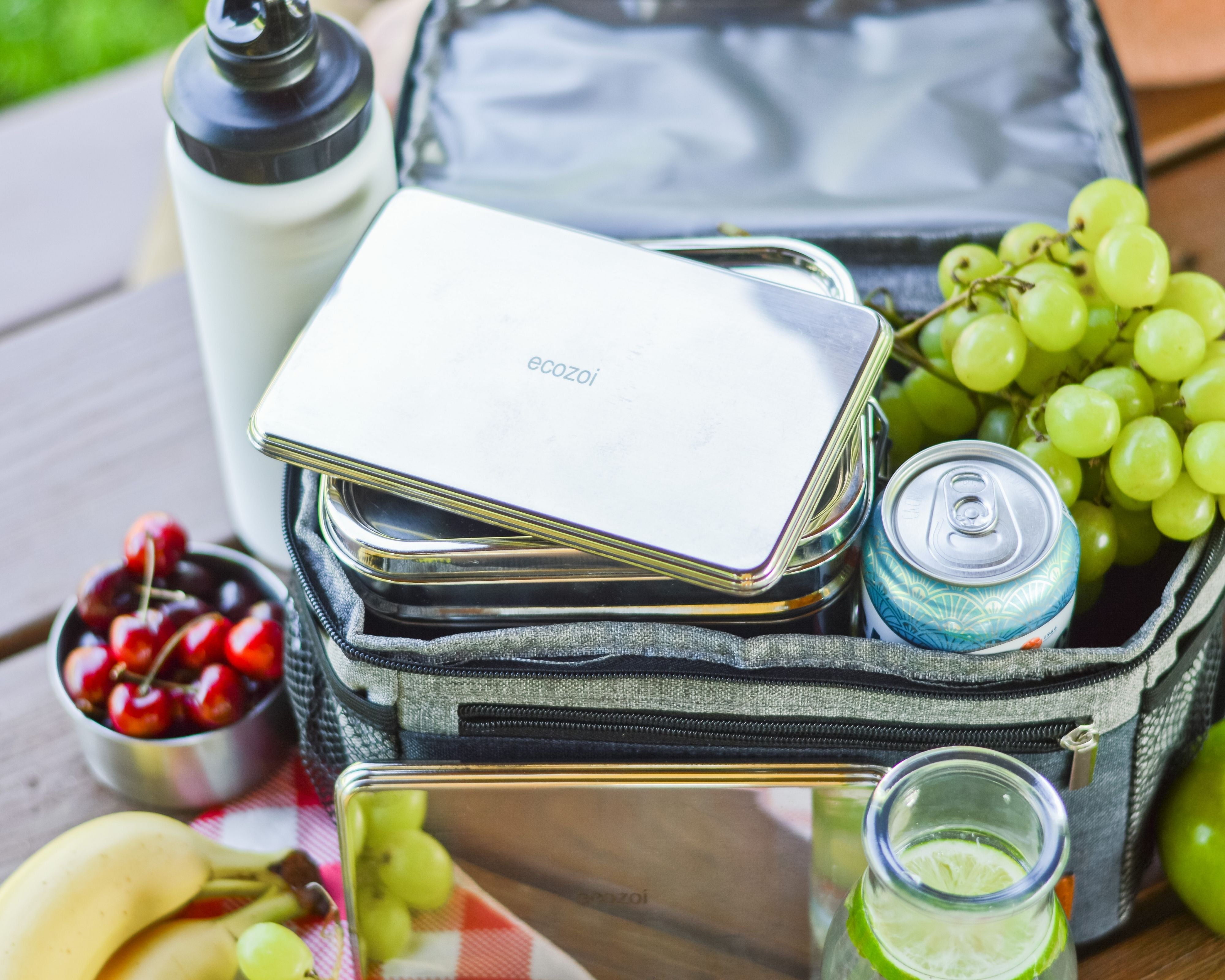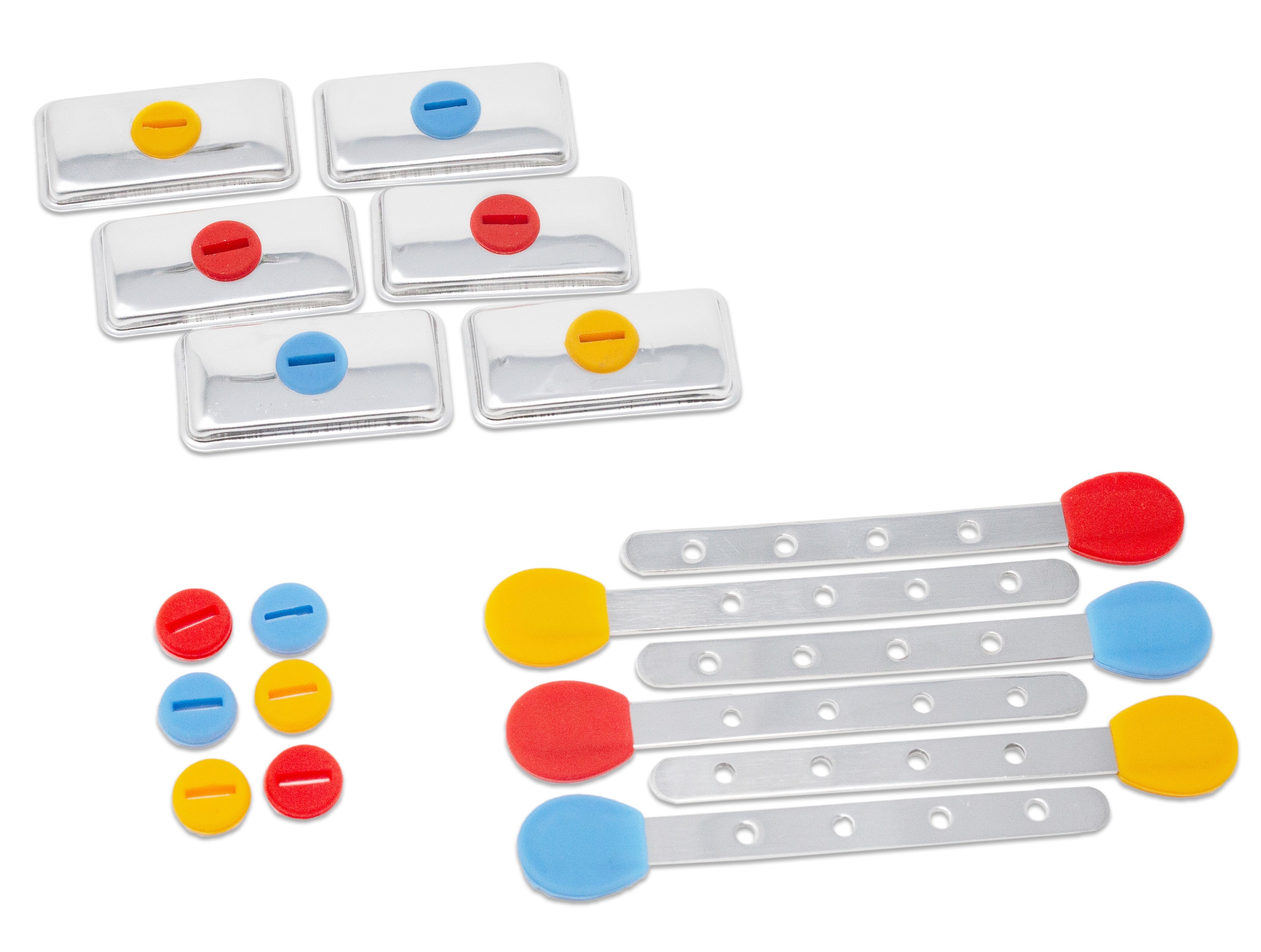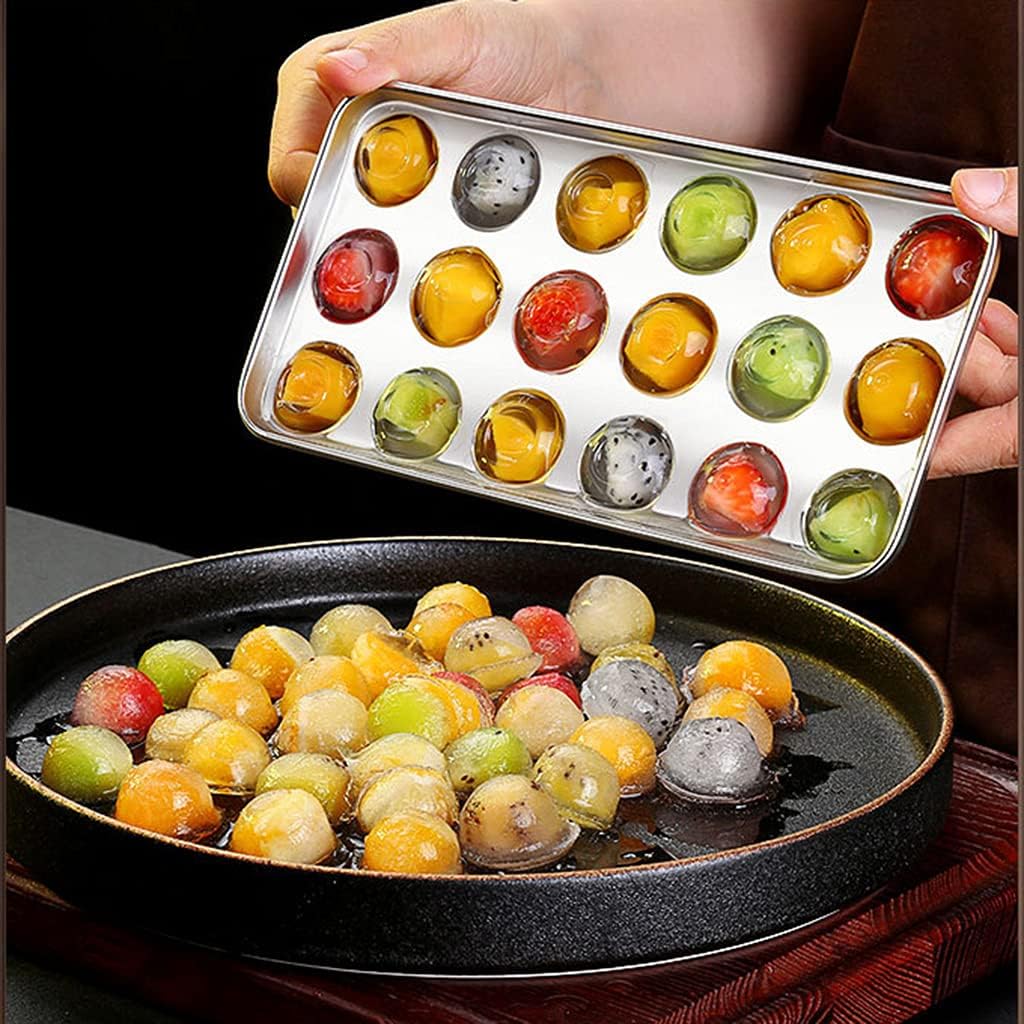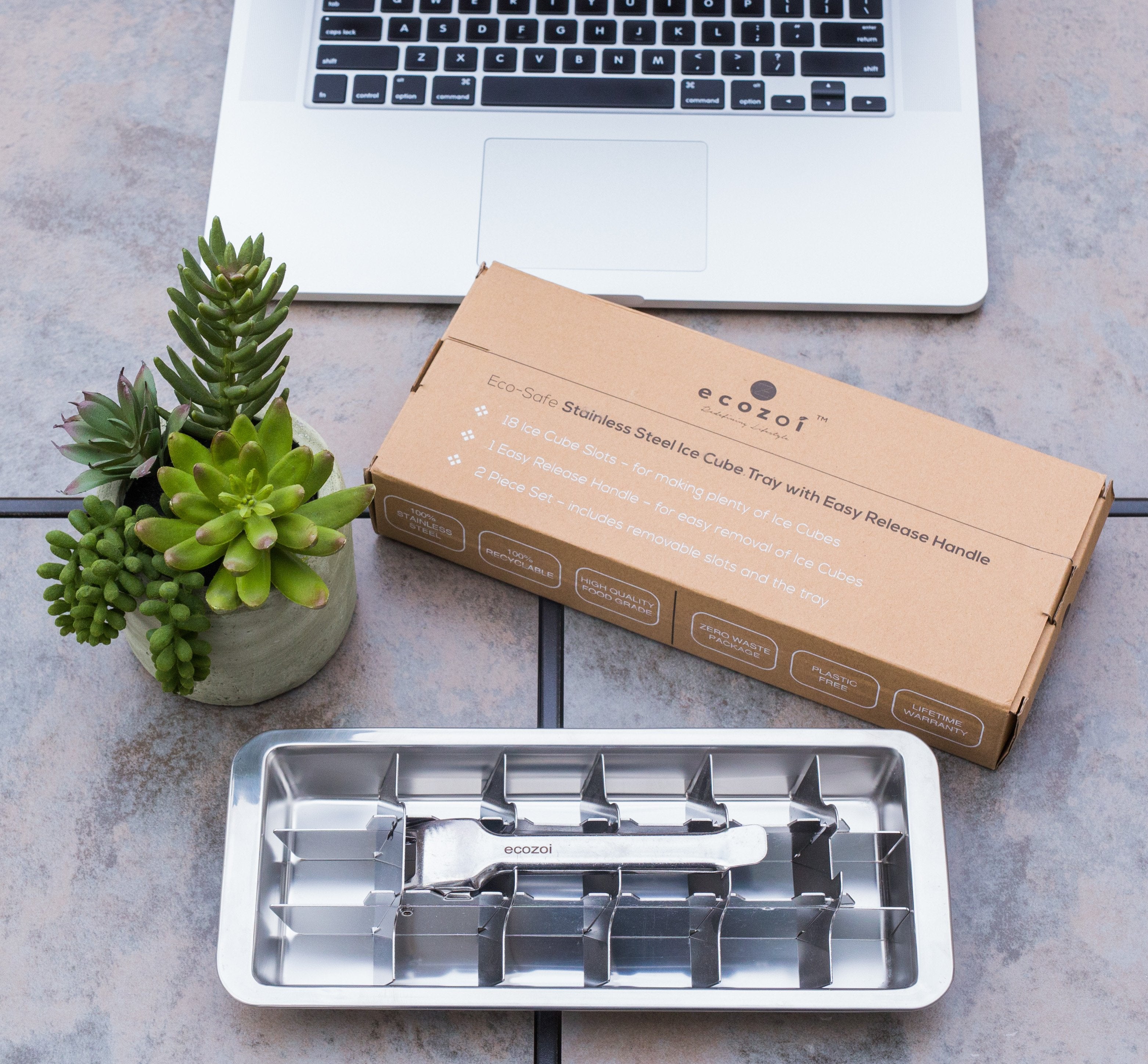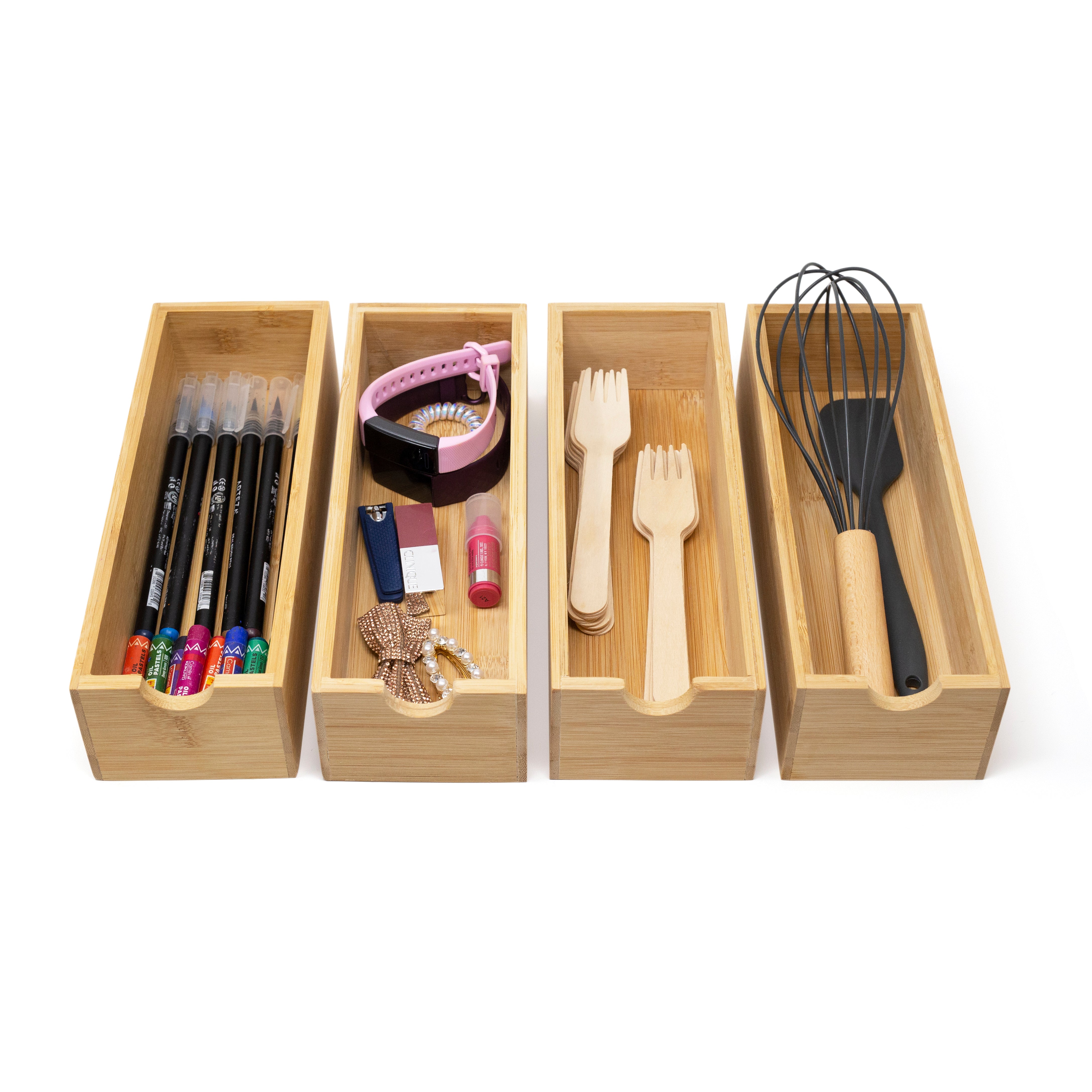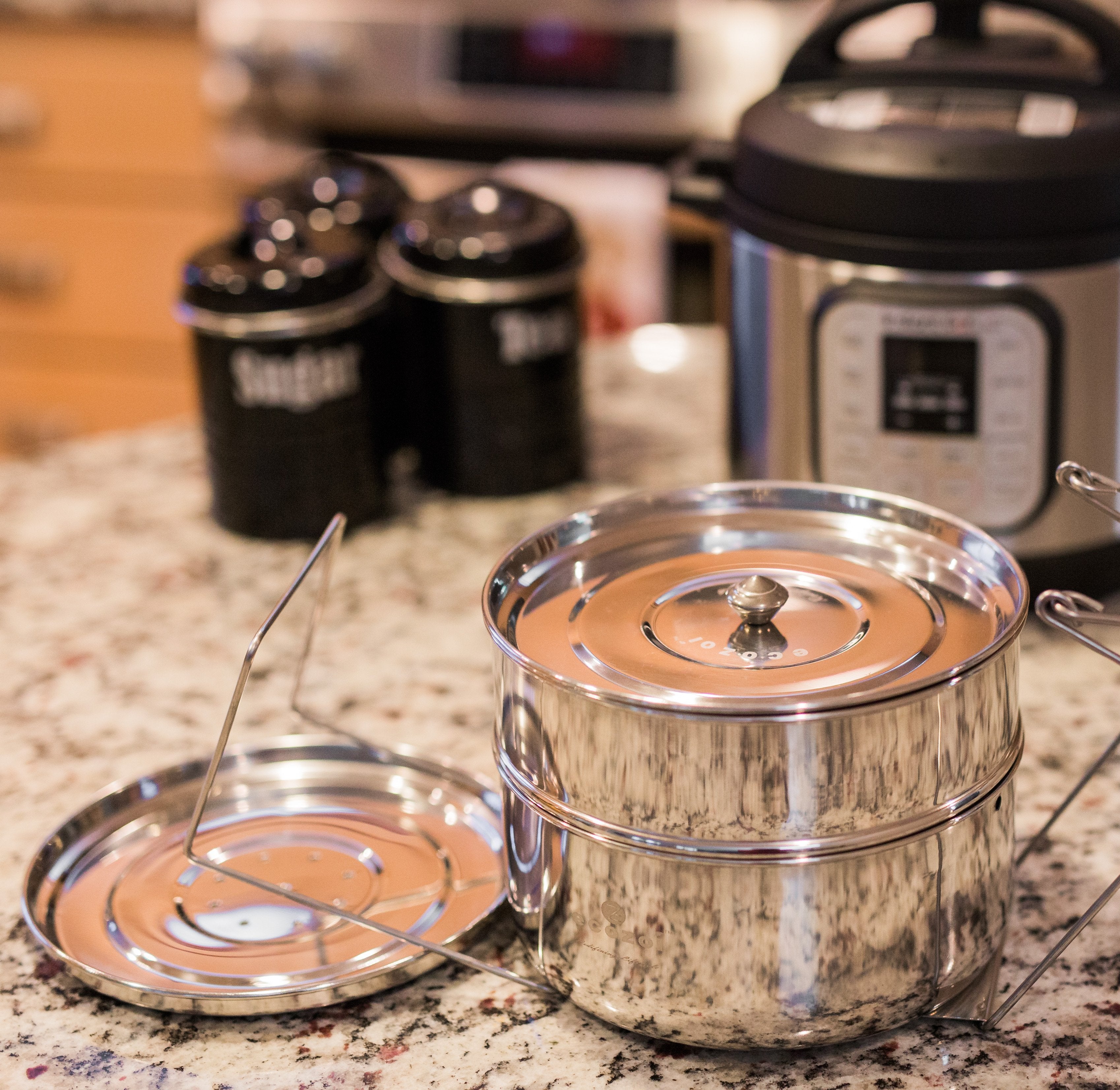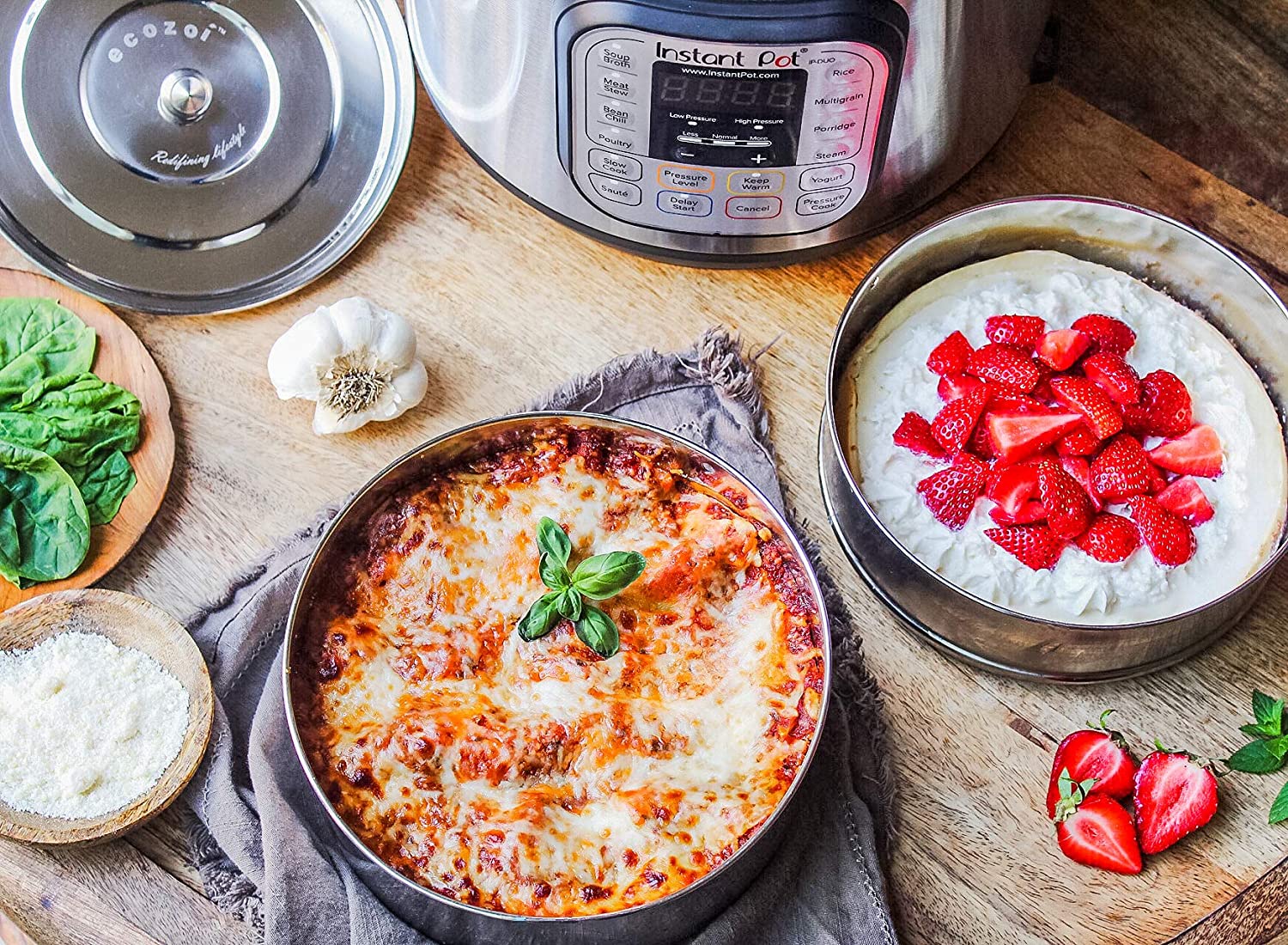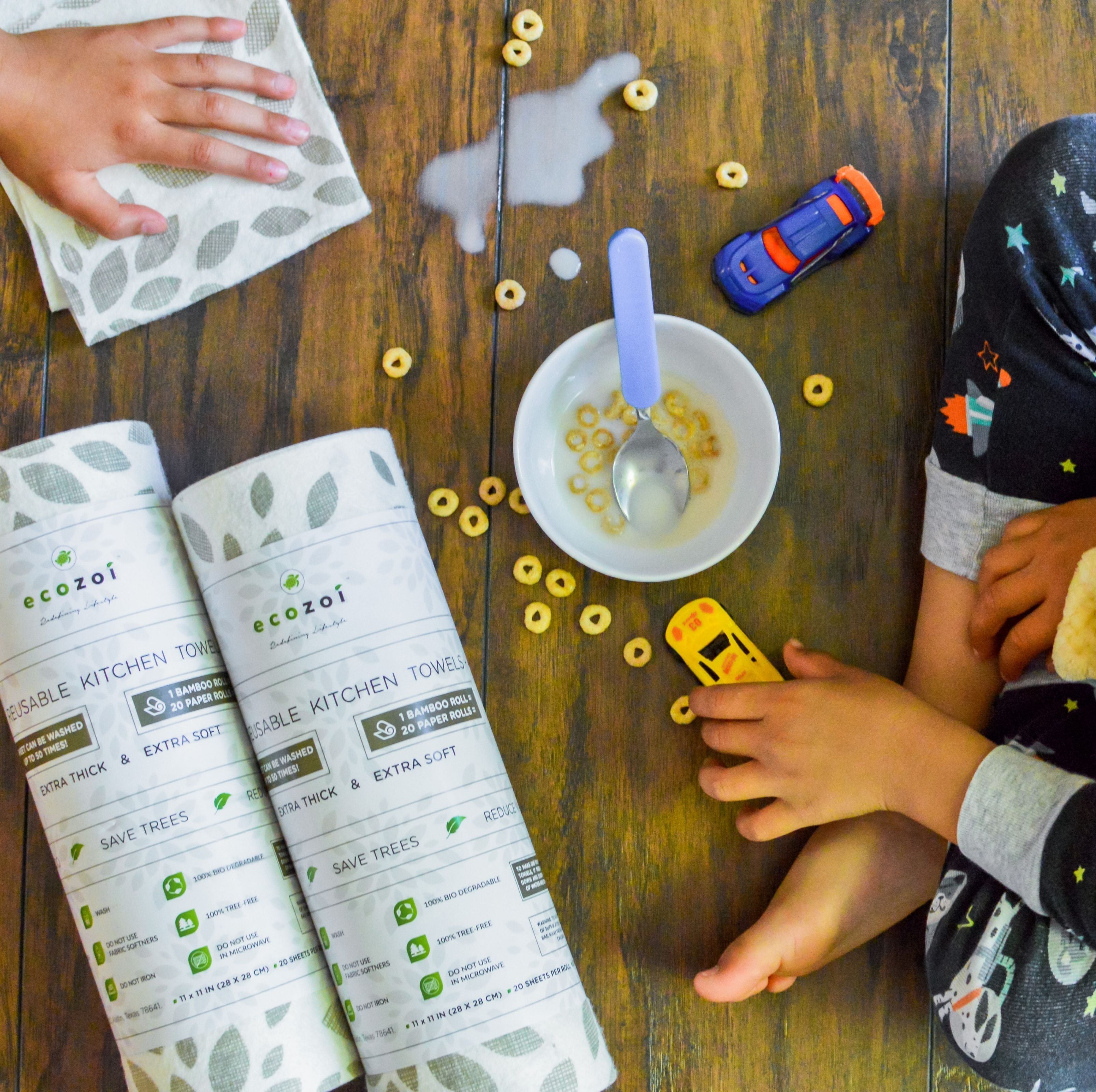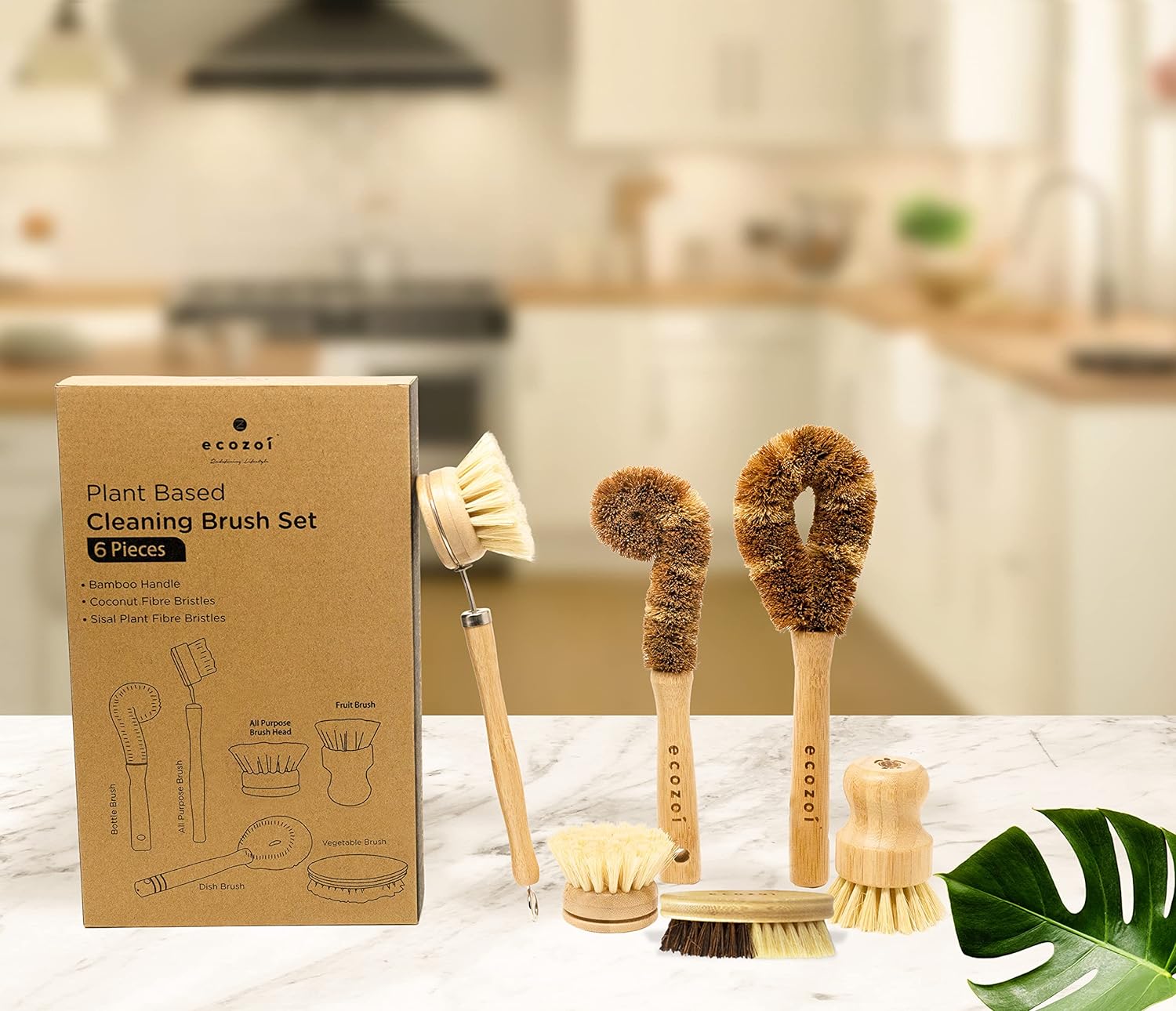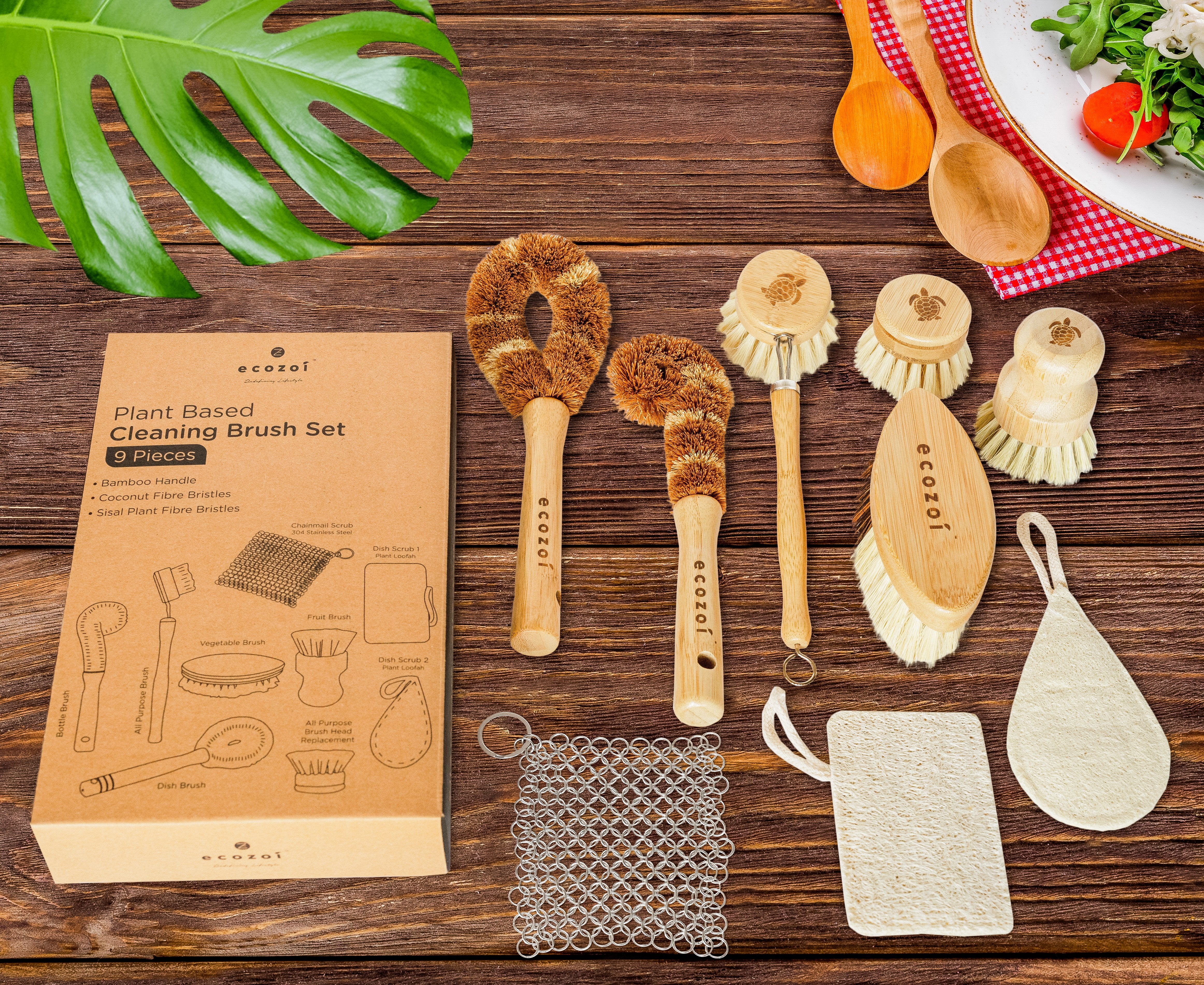Plastic-Free Home: Embracing Sustainability in Renovation
The need for sustainable living and eco-conscious choices is now more crucial than ever. As we seek to reduce our environmental footprint, renovating our NYC homes is an ideal opportunity to embrace sustainability in renovation. We'll discover ways to create a plastic-free home during your NYC renovation project, focusing on eco-friendly alternatives and mindful design choices.
Sustainable Renovation: A Greener Approach
When it comes to changing your space, embracing sustainability in renovation is key. By adopting a sustainable mindset, you can reduce waste, energy consumption, and the use of harmful materials. Here are some key steps to consider.
Mindful Material Selection
Choosing the right materials is at the core of a sustainable renovation. Opt for natural and renewable resources such as bamboo, cork, reclaimed wood, or recycled glass. These materials help conserve our planet's resources and add a unique and eco-friendly charm to your home.
When considering materials for your renovation, keep in mind that sustainable choices often outlast their less eco-friendly counterparts. Bamboo, for instance, is not only renewable but also incredibly durable, making it a cost-effective option in the long run. With its natural resilience and insulating properties, cork reduces your carbon footprint and helps you save on heating and cooling bills. Reclaimed wood adds character with its history, and recycled glass sparkles with unique colors, breathing life into your home while protecting the environment.
Say No to Single-Use Plastics
Single-use plastics are a significant contributor to pollution. To create a plastic-free home, avoid plastic-based products, from disposable utensils to shower curtains. Instead, invest in durable, reusable alternatives from stainless steel, glass, or other sustainable materials.
Choosing to eliminate single-use plastics from your home doesn't just benefit the environment; it enhances your daily life. Lunch boxes and stainless steel utensils are eco-friendly, safer, and more durable than disposable plastic ones. Glass shower curtains may require a slightly higher initial investment, but their elegance, longevity, and ease of cleaning make them a worthwhile addition to your bathroom. Embracing these alternatives doesn't just reduce waste; it elevates the quality and aesthetics of your living space.

The Heart of the Home: The Kitchen
Kitchens are often hotspots for plastic use, but with some thought and planning, you can make your kitchen an eco-friendly and plastic-free zone.
Eco-Friendly Countertops
Consider installing countertops made from recycled glass, concrete, or bamboo. These materials provide both durability and sustainability, giving your kitchen a chic and eco-conscious look. Recycled glass countertops, for instance, are visually stunning with their unique patterns and colors and divert glass from landfills in big cities like New York. Concrete countertops offer a modern, industrial look and can be customized to your preferred design. On the other hand, bamboo is a rapidly renewable resource, making it an excellent choice for environmentally conscious homeowners. With these options, you enhance your kitchen's aesthetics and contribute to a greener planet.
Ditch Plastic Containers
Replace your plastic food storage containers with glass, stainless steel, or silicone options. These alternatives are eco-friendly but more hygienic and long-lasting. Glass containers, for example, are microwave and oven-safe, making them versatile for reheating or baking. Stainless steel containers are incredibly durable and resistant to staining or odors, ensuring your food remains fresh and safe. Silicone containers are lightweight, flexible, and easy to clean, offering an ideal solution for food storage and on-the-go meals. Making the switch to these alternatives not only reduces your plastic waste but also elevates your kitchen storage solutions—according to NYC Mini Storage.
Sustainable Bathrooms
Bathrooms can be another area where plastic waste accumulates. To create a more sustainable space, consider the following tips:
- Recycled Tiles: Choose tiles made from recycled materials, such as glass or ceramics, to reduce the environmental impact. This choice can transform your bathroom into a stylish and sustainable oasis.
- Sustainable Fixtures: When updating your bathroom fixtures, look for low-flow faucets, showerheads, and toilets. These sustainable alternatives will save water and reduce your utility bills.
Efficient Energy Usage
Energy-Efficient Lighting
Switch to LED or CFL light bulbs to reduce energy consumption and lower your electricity bills. These options are sustainable and long-lasting, meaning fewer replacements and less waste. LED and CFL bulbs emit significantly less heat compared to traditional incandescent bulbs, reducing the strain on your cooling system during hot months. This double benefit not only conserves energy but also enhances the overall comfort of your home.

Smart Home Technology
Incorporate smart home systems that allow you to control your lighting and climate more efficiently. This reduces energy waste and adds convenience to your daily life. With the use of smartphone apps or voice-activated devices, you can effortlessly adjust your home's temperature lighting and even monitor energy consumption while you're away. This level of control ensures that your home operates in the most energy-efficient manner, saving you money and reducing your carbon footprint.
Sustainable Carpets and Hardwood Flooring
If you prefer carpeting in your home, consider options made from natural materials like wool or sisal. These choices are not only cozy but also biodegradable. Opt for reclaimed or sustainably sourced hardwood flooring. This classic choice adds elegance and charm to your home while reducing the impact on forests.
The Outdoor Space
Don't forget about your outdoor space when striving for sustainability in renovation. Consider sustainable landscaping by choosing native plants for your garden. Doing so will promote biodiversity and reduce the need for excessive water and chemical treatments. Additionally, consider a rainwater harvesting system to water your garden.
Salvaged Furniture
Instead of buying new furniture, explore thrift stores and online marketplaces for unique, pre-loved pieces that can be a part of your sustainable home. Salvaged furniture not only adds character to your living space but also contributes to reducing the demand for new production. To keep your furniture safe during renovation or when transitioning between homes, consider renting furniture storage in NYC. This temporary storage solution ensures that your salvaged gems remain in pristine condition while you complete your renovation project or move to a new place.
Recycling Stations
Cities like NYC are big on recycling, so designate specific areas for recycling and composting in your home to encourage responsible waste management. This small change can have a big impact on your sustainability efforts.
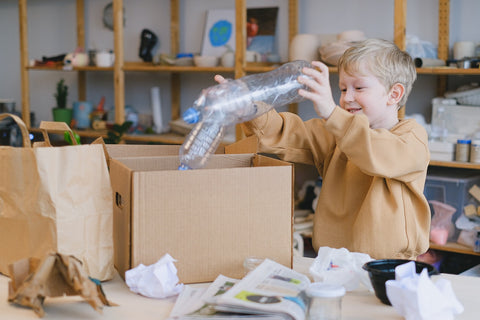
Final Thoughts on Embracing Sustainability in Renovation
Creating a plastic-free home that embraces sustainability in renovation is an achievable and meaningful goal. By making eco-conscious choices in materials, energy usage, and design, you can reduce your environmental impact and enjoy a more comfortable and stylish living space. So, whether you're renovating your kitchen, bathroom, or the entire house, remember that every sustainable choice brings us one step closer to a greener and healthier future.


